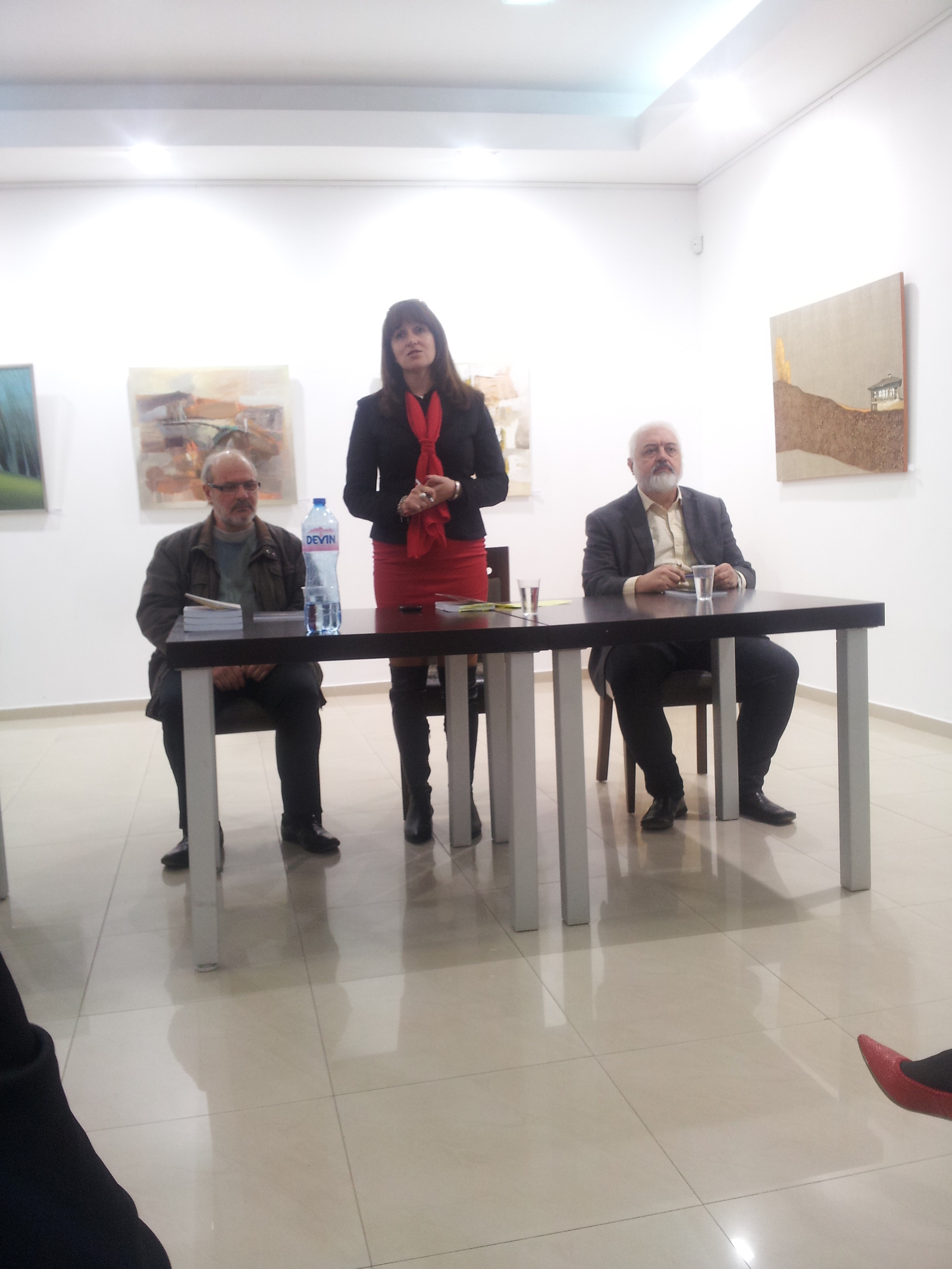90th anniversary of the Bulgarian PEN Center and the International Writers Meeting
From October 30 to November 4, 2016, there were several events dedicated to the 90th anniversary of the Bulgarian PEN Centre.The organization, which through the years has shone with names such as Elin Pelin and Dora Gabe, Elisaveta Bagryana and Teodor Trayanov, Leda Mileva and Valeri Petrov, had a formal open meeting at the great hall of the Bulgarian Academy of Sciences in Sofia and gathered for several recitations in Sofia and Kazanlak 10 poets from Southeast European countries.
The program of the anniversary celebrations also included a presentation of the newly-published Anthology "Balkan Rose" - with translations into Bulgarian and original languages from works from 13 countries from the region.
The State Institute for Culture at the Minister of Foreign Affairs of the Republic of Bulgaria supported the programme of celebrating the anniversary as part of the cultural programme for the Bulgarian presidency of the South-East European Cooperation Process.
Dialogue among the artists in the region is the strongest expression of the spirit of dialogue and integration efforts and intense cultural exchange among the countries in the region.
The recitations and meetings were attended by Entella Safeti Kasi, chairman of the Albanian PEN, Bratislava Milanovic, a member of the Serbian PEN, Katica Kulavkova, Deputy Chairman of the International PEN, Republic of Macedonia; Tanja Bakić, a poet from Montenegro, Elena Halliy, a poet from Albania, Georgi Konstantinov, honorary chairman of the Bulgarian PEN, Boyko Lambovski, chairman of the Bulgarian PEN, Valentina Radinska, Nadia Popova and other authors.
Meetings with readers and a poetic recitation also were held in Kazanlak. The hosts in the city showed the guests the Thracian mounds in the vicinity of Kazanlak as well as the newly-opened Museum of the Rose.
International Writers' Organization PEN was created in England after the First World War in response to the concerns of Europe's intellectual leaders about the fragile nature of peace and the ease with which the destruction of war was fuelled. The organisation includes poets, essayists and writers, united by the idea of fighting for the free movement of ideas, independence from political conjunctions and for the protection of its members.




